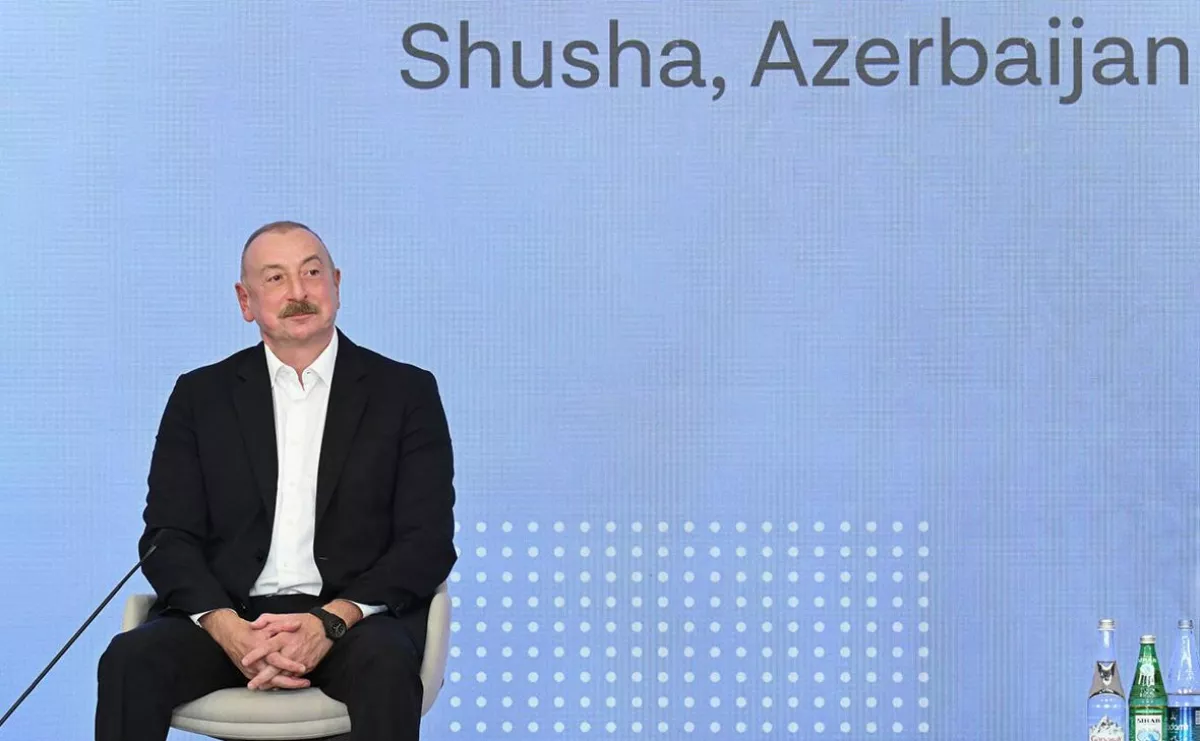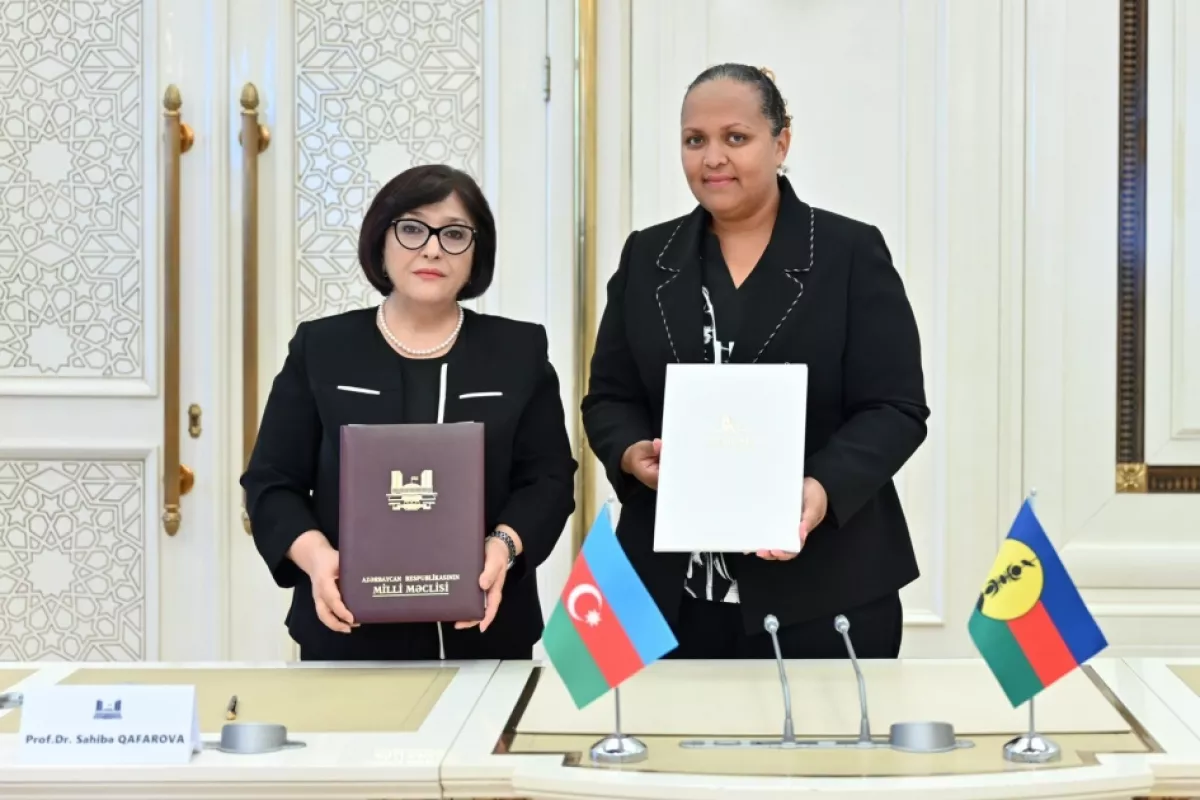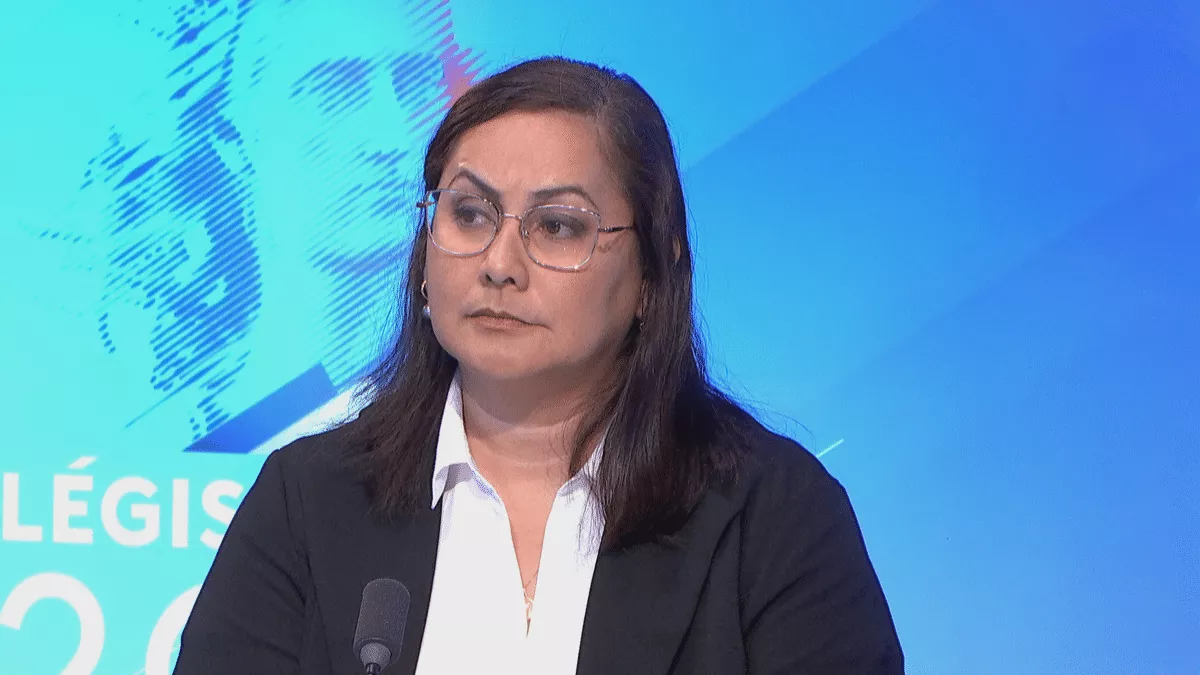Baku and Nouméa committed to further cooperation Paris’s political games in New Caledonia
New Caledonia. Until recently, for many in Azerbaijan, the name of this Pacific archipelago—a French overseas territory, essentially a colony—was recognized mainly from geography textbooks and Discovery Channel documentaries. Few were aware that the indigenous Kanak people face brutal oppression from the French metropole, which exploits New Caledonia's rich natural resources through barbaric methods.
The growing dissatisfaction among the local population with Paris’s policies, coupled with demands for greater self-governance and, ultimately, state independence, has been harshly suppressed by the colonial authorities. These authorities have relied heavily on so-called loyalists—those willing to remain under French protection.
Since its election as chair of the Non-Aligned Movement, Azerbaijan has consistently raised concerns about France's oppression of its overseas territories—from New Caledonia to Martinique. In this context, it is important to highlight the efforts of the Baku Initiative Group (BIG), established by participants of the conference titled "Towards Complete Elimination of Colonialism," which took place on July 6, 2023, in Baku during the ministerial meeting of the Coordinating Bureau of the Non-Aligned Movement under Azerbaijan's presidency.
In less than a year and a half, BIG has organized nearly twenty international events. During these gatherings in Baku, strong statements were made affirming that France's overseas territories can count on Azerbaijan's support in their struggle for independence from Paris, as part of broader efforts to establish peace, justice, and equality worldwide.
“We will support you as much as we can with all our resources until you are free. You and millions like you are free to live on your land, to plan your future, and to protect your heritage, your dignity, and your language, which they want to deprive you of,” said President Aliyev during the Second Shusha Global Media Forum.

One of the important milestones in Baku's support for the overseas territories' struggle for independence from Paris was the signing of a Memorandum of Cooperation on April 18, 2024, between the Milli Majlis of Azerbaijan and the Congress of New Caledonia. The document was signed by the Speaker of the Milli Majlis, Sahiba Gafarova, and on behalf of the President of the Congress of New Caledonia, Roch Wamytan, by Neisselin Omaira, Chair of the New Caledonian Congress Committee on Infrastructure, Spatial Planning, the Sustainable Development, Energy, Transport, and Communications, as well as the Chair of the Agricultural Agency of New Caledonia.
This document is significant for establishing a legal framework to develop relations between the parliaments of the two countries and will define the parameters of cooperation. The memorandum aims to enhance inter-parliamentary collaboration and strengthen friendly relations between the peoples of Azerbaijan and New Caledonia. It also provided for the establishment of a corresponding parliamentary group to promote cooperation between the parties and to support the activities of this group. Furthermore, active efforts were planned to explore, develop, and implement various avenues of collaboration between Azerbaijan and New Caledonia on the international parliamentary stage.

Naturally, those in the Élysée Palace were desperate to undermine both Azerbaijan and the Kanak movements that aligned their liberation struggle with Azerbaijan. Recently, Armenian, French, and, to be honest, some Azerbaijani "opposition" media outlets sensationalized reports claiming that the President of the Congress of New Caledonia had revoked the "controversial agreement with Azerbaijan."

According to ABC Pacific, the newly elected president, Veylma Falaéo, has shifted the policy of her predecessor, Roch Wamytan, who, along with other Kanak leaders, strengthened ties with Azerbaijan in their struggle for independence. "They developed a very strong relationship with Azerbaijan who have backed their movement," said Denise Fisher, Australia's former counsellor general to New Caledonia. "In the last few years, Azerbaijan has hosted two meetings known as the Baku Initiative ... which calls for the decolonisation of all French territories in the Pacific."
However, it would be inappropriate to refer to this as a "sensation," and there are good reasons for that. The situation is as follows: after the signing of the Memorandum of Cooperation between Azerbaijan and New Caledonia, the loyalists demanded that Wamytan annul the document. Wamytan refused, asserting that "seeking international partners is our right." As a result, the loyalists and the official Paris behind them chose a different approach.
On August 28, elections were held for a new president of the Congress of New Caledonia. The power dynamics were as follows: out of 54 votes, 26 were cast by the Kanaks, while 25 were from the French, leaving 3 neutral votes from the islands of Wallis and Futuna. The French and loyalists realized they could not elect their candidate under these circumstances. To sway the three neutral deputies, they made an irresistible offer: "Support us, and we will select one of you as the president of the parliament." As a result, Wamytan lost, and Veylma Falaéo, who comes from Wallis and Futuna, replaced him. The French openly admitted that they needed this change to annul the Memorandum of Cooperation between Azerbaijan and New Caledonia. Upon assuming her role as head of the Congress, Falaéo issued her first decree: the annulment of the memorandum. Interestingly, this is currently her only decree in this position.
However, it is still too early for Paris and the Caledonian loyalists to celebrate. The presidency of the Congress of New Caledonia lasts only one year, which means elections are held annually. If the Kanaks regain the majority next year, the new president from their ranks could reinstate the signature on the memorandum and continue cooperation with Azerbaijan. The ultimate goal of this collaboration would be to establish full diplomatic relations between Baku and Nouméa, the capital of an independent New Caledonia.








